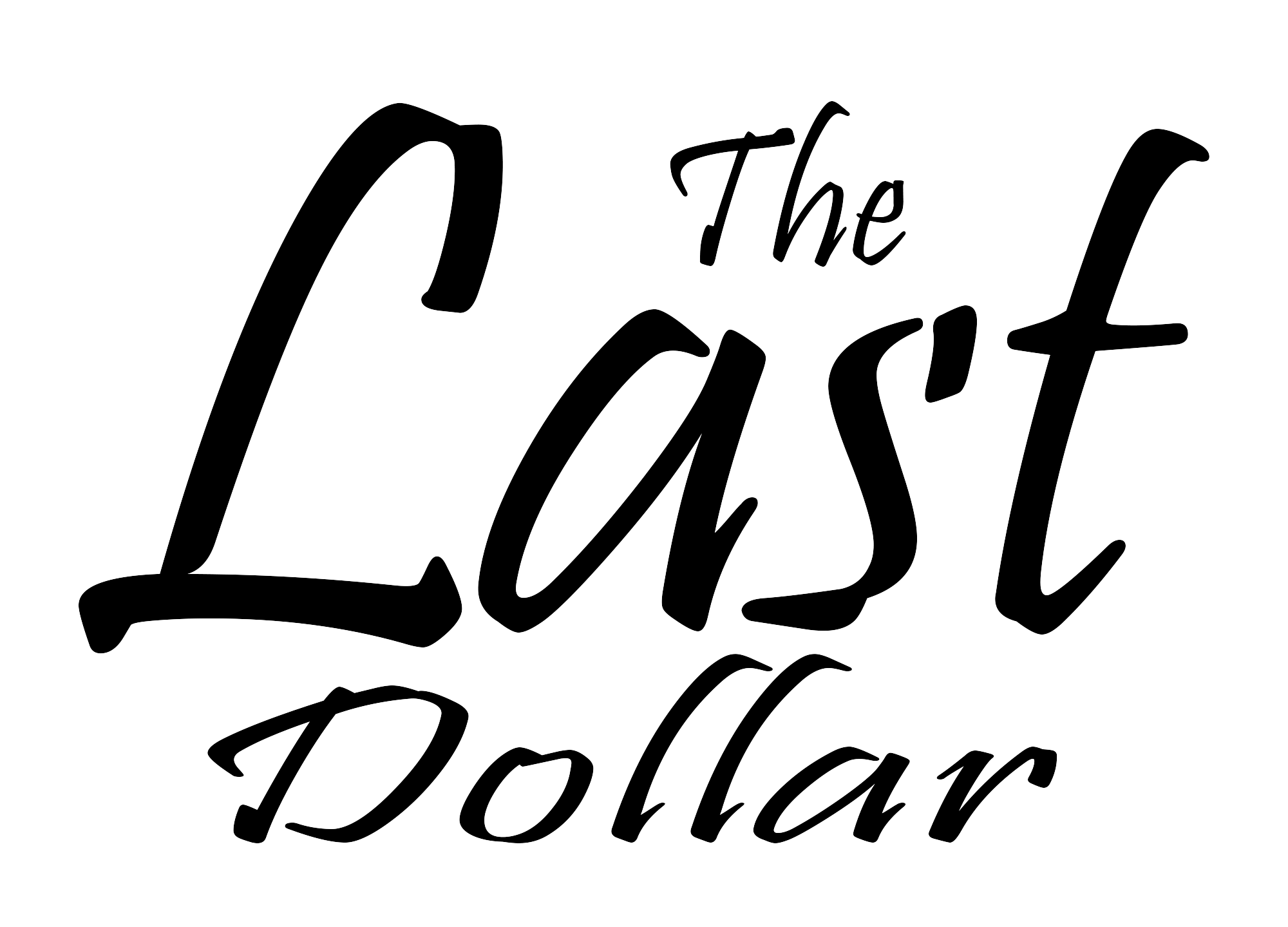Debt relief services can be a lifeline for individuals struggling with overwhelming financial burdens. However, the increasing demand for debt solutions has also given rise to fraudulent companies that prey on vulnerable consumers. These debt relief scams promise quick fixes but end up worsening your financial situation. In this blog post, we’ll highlight common debt relief scams, how to spot them, and tips on how to protect your money from fraudsters.
What Are Debt Relief Scams?
Debt relief scams are fraudulent schemes where companies or individuals promise to help you reduce or eliminate your debt for a fee, but they provide little to no actual help. Instead of assisting you, these scammers often take your money without providing the promised service or advice, leaving you in a worse financial position.
Common Types of Debt Relief Scams
- Upfront Fees for Unnecessary Services
Legitimate debt relief companies typically only charge fees after they’ve helped reduce your debt. Scammers, however, ask for significant upfront payments before any work is done. These payments often go straight into the pockets of the fraudsters without any actual service provided. - Debt Settlement Scams
In debt settlement scams, fraudsters claim they can negotiate with your creditors to reduce the total amount you owe. They may ask you to stop paying your creditors and direct your payments to them, promising that they’ll settle your debts for a fraction of what you owe. This can lead to severe consequences, such as a damaged credit score, late fees, and even legal action from creditors. - “Guaranteed” Results
No legitimate company can guarantee debt relief results. Be cautious if a company promises that they can eliminate your debt entirely or reduce it by an unrealistic amount. Debt relief is a process, and success depends on various factors, including the amount of debt, your income, and the creditors involved. - Phishing Scams
Scammers may also use phishing tactics to obtain your personal information. They may pose as a debt relief agency, offering “free consultations” or “help” with your financial situation. In the process, they gather sensitive information like your Social Security number or banking details, which they can use for identity theft. - Debt Consolidation Frauds
Some scammers promise debt consolidation services that can simplify multiple payments into one. They may claim to have special relationships with financial institutions to get you a lower interest rate. However, these services often involve hidden fees and can result in even higher debt if not properly managed.
How to Spot Debt Relief Scams
- Promises That Sound Too Good to Be True
If a company promises to eliminate your debt in a short amount of time or guarantees that it will be reduced by an enormous percentage, it’s likely a scam. Legitimate debt relief takes time and a strategic approach. - Unclear or Misleading Language
Fraudulent companies often use vague, complex language to confuse consumers. If the terms and conditions of their services are unclear or too complicated, that’s a major red flag. - Pressure Tactics
Scammers frequently use high-pressure sales tactics, urging you to act immediately or risk losing the opportunity. They may claim that if you don’t sign up right now, your situation will only worsen. - Lack of Transparency
Legitimate debt relief companies should be transparent about how they charge fees, what services they provide, and the timeline for debt resolution. If they are hesitant to share this information, it could be a sign that they are trying to hide something. - No Accreditation or Licensing
Most legitimate debt relief companies are accredited by reputable organizations, such as the American Fair Credit Council (AFCC) or the Better Business Bureau (BBB). Always verify the company’s credentials before engaging with them.
How to Protect Yourself from Debt Relief Scams
- Do Your Research
Before working with any debt relief company, take the time to research their reputation. Check online reviews, ask for references, and ensure that they are accredited by a legitimate regulatory body. - Avoid Paying Upfront Fees
Don’t pay any fees before you see actual results. Reputable companies only charge fees after they’ve helped you reduce or resolve your debt. - Consult with a Certified Credit Counselor
For professional, reliable advice, consider working with a certified credit counselor. Non-profit agencies, such as the National Foundation for Credit Counseling (NFCC), can provide guidance without the risk of scams. - Know Your Rights
Familiarize yourself with the laws surrounding debt relief. In the U.S., for instance, the Federal Trade Commission (FTC) prohibits companies from charging upfront fees for debt relief services. Knowing your rights can help you avoid fraudulent companies. - Be Skeptical of “Free” Services
Scammers often lure victims with promises of “free” consultations or services. While free consultations can be legitimate, always verify that the company is trustworthy before sharing any personal financial information.
Conclusion: Debt Relief Scams
Debt relief can offer a fresh start to those overwhelmed by debt, but it’s important to approach it cautiously. Scammers are out there, looking to exploit your financial distress for their own gain. By staying vigilant and following these tips, you can protect yourself from falling victim to a debt relief scam and find the right help to manage your debt responsibly.
If you need guidance, consider reaching out to a reputable non-profit credit counselor or consulting with your financial institution to explore legitimate options. Your financial future is important, and taking steps to protect it today can save you a lot of stress down the road.
Discover our expert blogs for insightful tips on managing your finances effectively! Also, don’t forget to follow us on X.












